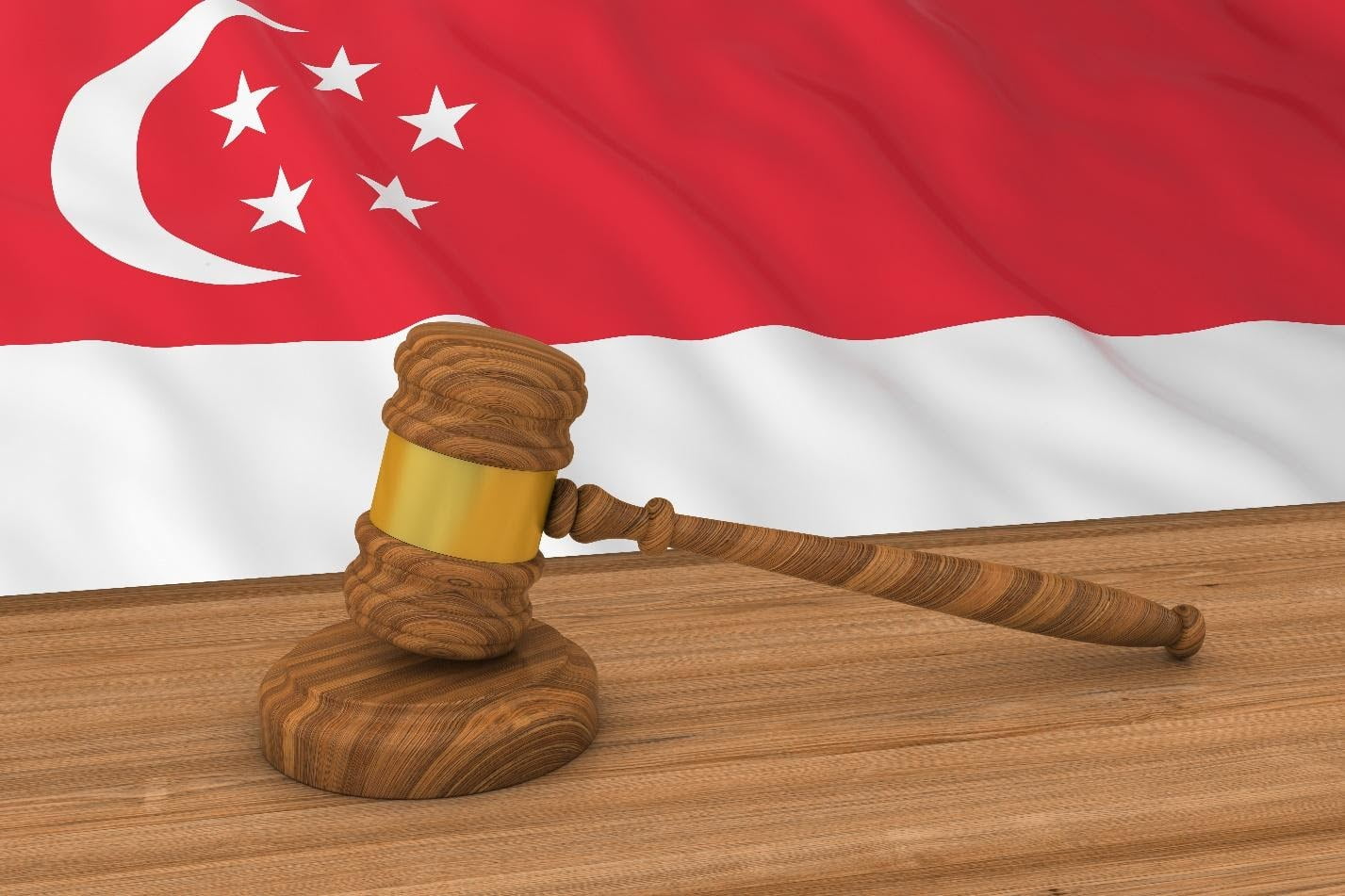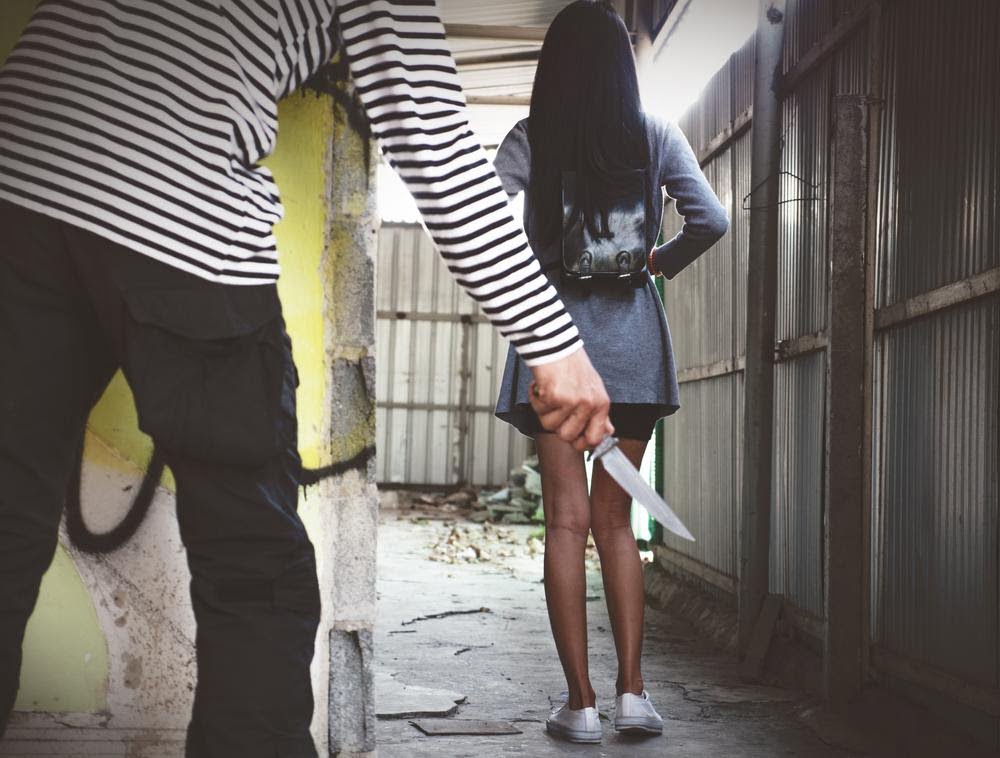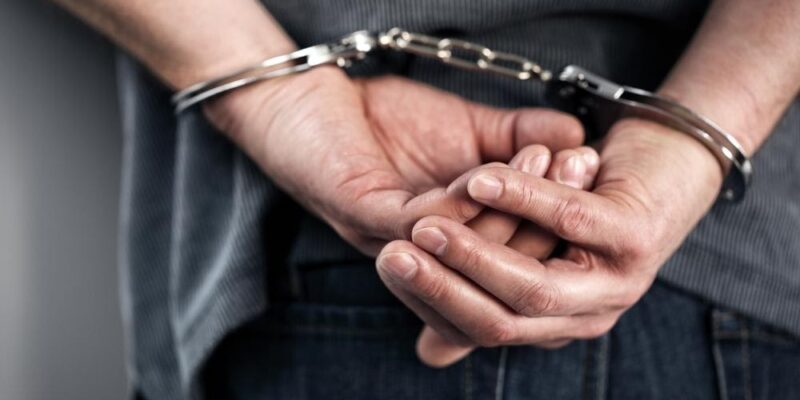Law in Singapore is divided into civil and criminal law. While civil law is concerned with disputes between private parties and does not involve the police, criminal law is focused on preventing and punishing crimes that are against the interests of society. This encompasses everything from minor offences such as shoplifting, speeding and vandalism to more serious crimes like assault, rape and murder.
Singapore’s Criminal Justice Process in a Nutshell

The criminal justice process in Singapore is based on the Crime Control and Due Process models which aim to reduce crime by giving power to the police and public prosecutors while protecting the rights of individuals. The two pillars of this system are the supremacy of law, which holds everyone in society accountable to the law, and the protection of the public, which ensures laws are made with the best interests of society in mind and not unfairly in favour of any particular individual.
What Happens When Someone Commits a Crime in Singapore?

If a crime is suspected to have been committed, the police will investigate, gather evidence and arrest a suspect if they believe enough proof has been found. They pass this information to the public prosecutor, who may assist with the investigation and ultimately decides whether a person should be charged with a crime and have the case heard in court.
When a criminal case goes to court, there are several key parties involved:
- Offender(s): The person accused of committing a crime.
- Prosecution: Investigates a crime and, if necessary, charges the offender on behalf of society, bringing the case before a judge and attempting to prove a crime has been committed.
- Defence: Represents the offender from when they are charged and during a court case, presenting evidence in their favour, protecting their rights and ensuring they receive a fair hearing.
- Judge: Oversees the courtroom, hears the evidence presented by both sides and decides the verdict and sentencing.
It’s important to understand the difference between prosecutors and defence lawyers from criminal law firms. While both are legal specialists, prosecutors serve the public and represent the best interests of society by seeking justice. Criminal defence lawyers represent only the accused and play an important role in keeping the system fair by defending the rights of the accused and holding the prosecution accountable to a high standard of proof.
Other important people play a pivotal role in the carriage of criminal justice:
- Police: Protects the public, maintains order, investigates suspected crimes and arrests alleged offenders. Police officers assist prosecutors with gathering evidence and often appear as witnesses in court.
- Witnesses: Any individual who can provide evidence or any other important information relevant to the case may be asked by either side to testify in court.
In criminal law, the guilt or innocence of the accused is decided based on a number of important principles designed to carry out justice in Singapore in order to protect the public and the rights of individuals. You may have heard the phrase innocent until proven guilty: this means that the burden of proof is placed on the prosecution and the accused is assumed to be innocent until the prosecution can prove beyond reasonable doubt that the defendant is guilty of the crime they have been charged with. The accused does not need to prove their innocence, but rather must disprove the case of the prosecution.
Once both sides have presented their evidence and supporting arguments, the judge must decide whether there is reasonable doubt that the accused is guilty. If the prosecution has succeeded in removing this doubt, the judge will rule in their favour and decide an appropriate sentence; if not, the defendant will be found not guilty.
When You Should Engage a Lawyer?

If you are charged with a crime in Singapore, it is essential you are supported by a criminal law firm with extensive experience and expertise in the justice system. They will guide you through the process, explain legal procedures, help you understand your rights and gather evidence, as well as argue your case on your behalf and ensure you are treated fairly by the police, the prosecution and the court.


 44 weeks’ imprisonment for multiple upskirt offences
44 weeks’ imprisonment for multiple upskirt offences